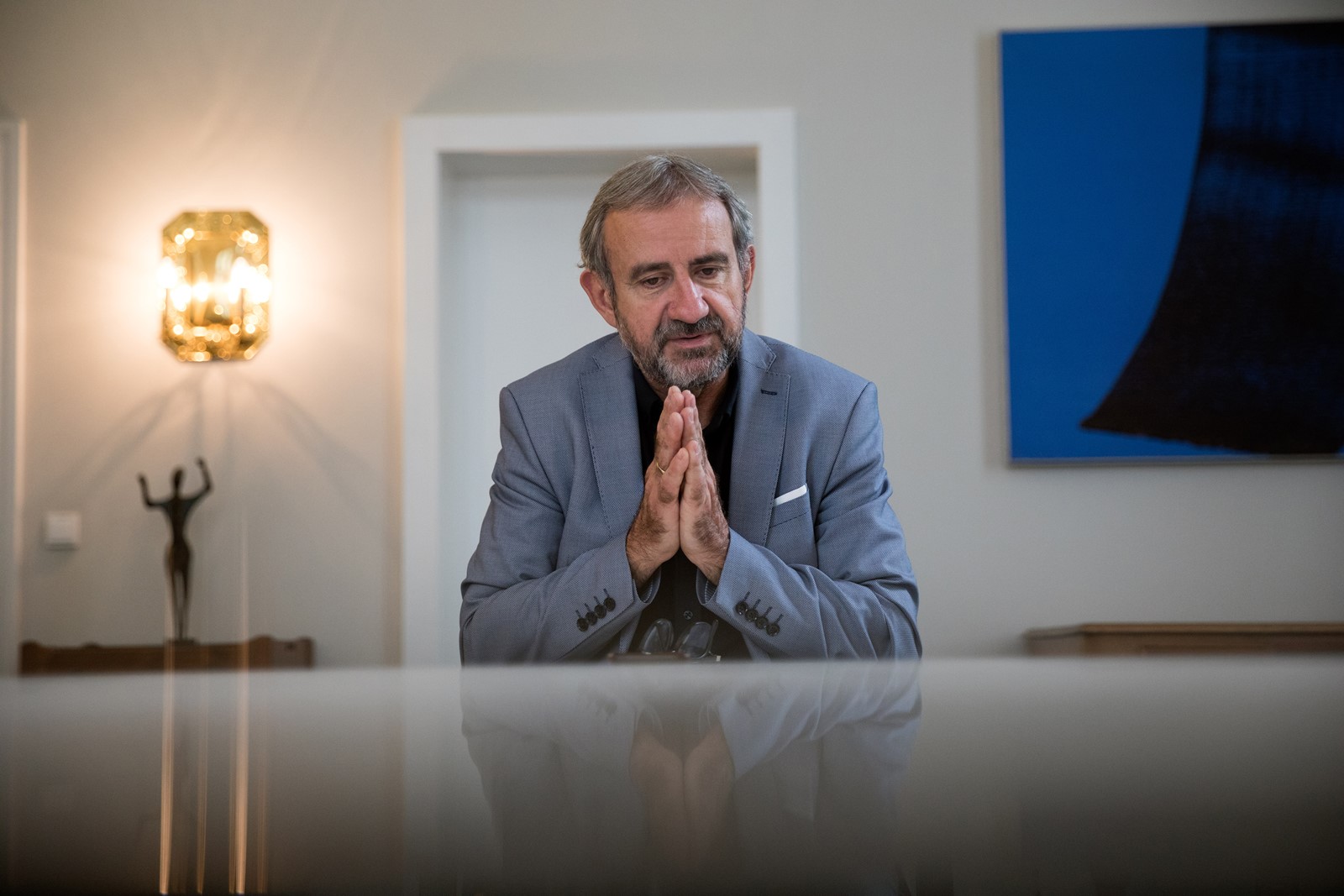
ABUJA, Nigeria>> When the airplane of Germany’s foreign minister touched down in Abuja, Nigeria, this past weekend, it carried precious cargo: 20 Benin Bronzes, priceless artifacts that were looted in a violent raid more than a century ago, and which were finally coming home.
At a ceremony in Abuja on Tuesday, the German official, Annalena Baerbock, handed the stolen items back to Nigerian officials. “It was wrong to take the bronzes, and it was wrong to keep them for 120 years,” she said.
In a legal sense, the 20 artifacts Baerbock brought with her belonged to Nigeria even before she took off from Berlin; more than 1,100 bronzes in German museums have become Nigerian property since the countries signed an agreement in July. But Tuesday’s handover was an important symbolic gesture, and many more of the artifacts are expected to come back to Nigeria next year. Others will remain in Germany on long-term loan.
The foreign minister’s trip is the culmination of a years-long process that upended Germany’s approach to handling cultural items unjustly obtained during the colonial period. It is also part of a pioneering model for large-scale restitution, in which ownership is swapped before any artifacts change hands. Crucially, that approach allows for items to be restituted even if the country of origin does not yet have the facilities to store and exhibit them.
Baerbock described the return of the bronzes as “just the first step.”
“More of these agreements will follow,” she said. “And this moment is also historic to us. We are facing up to our history of colonialism.”
The bronzes consist of thousands of sculptures and plaques that British forces looted from Benin City, in what is now southern Nigeria, during a raid in 1897. Many wound up in museums around the world, including the Metropolitan Museum of Art in New York, the British Museum in London and several major German institutions.
Nigeria has been calling for the objects’ return for several decades, and its deal with Germany is the largest yet. It is also notable because the effort was spearheaded not by individual museums but by a national government.
The items returned Tuesday included an 18th-century throne stool and a sculpture commemorating a Benin “oba,” or king. A pavilion to store and display the treasures is being built in Benin City and most likely will be completed in 2023. The building will be next to the planned Edo Museum of West African Art, an ambitious institution designed by acclaimed Ghanaian British architect David Adjaye.
This outcome had seemed far-fetched as recently as five years ago. As in other European countries, the subject of restitution largely had been ignored in Germany until recently, and some museum leaders had been reluctant to part ways with artifacts.
The about-face was driven — as interviews with eight German and Nigerian officials showed — by a changing social consensus about the ethics of holding on to such items, and further strengthened by a backlash against Germany’s flagship cultural project: the Humboldt Forum, an $825 million institution in Berlin, conceived as Germany’s equivalent to the Louvre or the British Museum.
According to Andreas Gorgen, the secretary-general of Germany’s Federal Culture Ministry and one of the architects of the restitution agreement, the deal was also a testament to a careful, incremental strategy, which he contrasted with a flashier approach from France.
In 2017, French President Emmanuel Macron gave a groundbreaking speech during a visit to Burkina Faso in which he pledged to make returning unjustly acquired items to African countries “a top priority.” Although some objects have been given back, the French effort has foundered, in part because museum objects are property of the French state, meaning Parliament must sign off on transfers of ownership.
“Macron took the very French route: a great speech by a great president. Then it takes years for reality to match those words,” Gorgen said. “We are operating in a German way,” he said. “It isn’t especially sexy, but it can be efficient.”
Germany’s approach also contrasts with those of the United States and British governments, which have left decisions up to individual institutions. Some organizations, including the Smithsonian Institution, have acted alone. Last month, the Horniman Museum, in London, held a ceremony to transfer ownership of 72 objects, including bronzes, to Nigeria’s government, and immediately returned six to Nigerian hands. A museum spokesperson said the other 66 items would stay in London, on loan from Nigeria, for at least the next year.
Yet some of the most important museums in England cannot return their Benin Bronzes, even if they wanted to, without a change in the law. That includes the British Museum, which owns about 900 of the artifacts, arguably the world’s finest collection.
According to officials in Germany, a key turning point there occurred in 2019, amid growing public pressure. It was partly spurred by Macron’s speech and a rising awareness in Germany of its own colonial crimes — including the killing of tens of thousands of Nama and Herero people in what is now Namibia. The atrocity, carried out between 1904 and 1908, is widely seen as the first genocide of the 20th century.


 PREVIOUS ARTICLE
PREVIOUS ARTICLE
